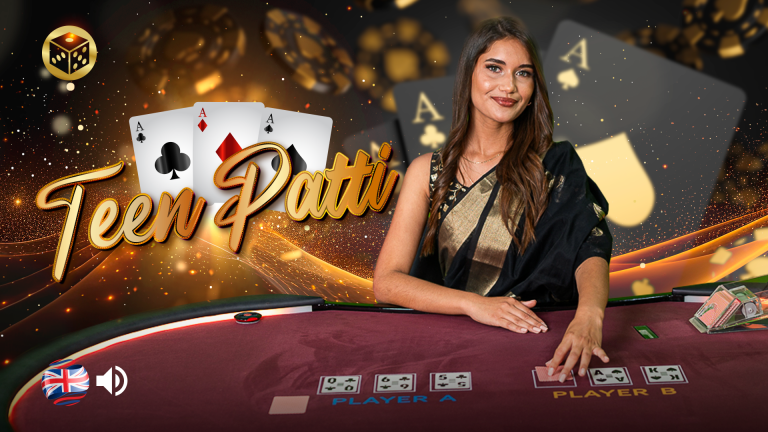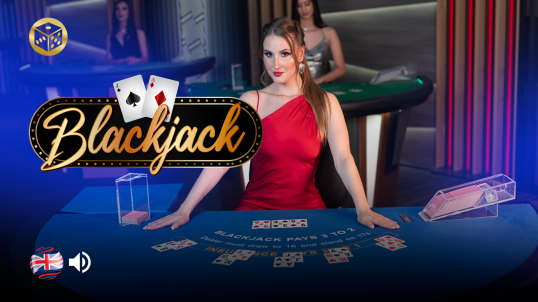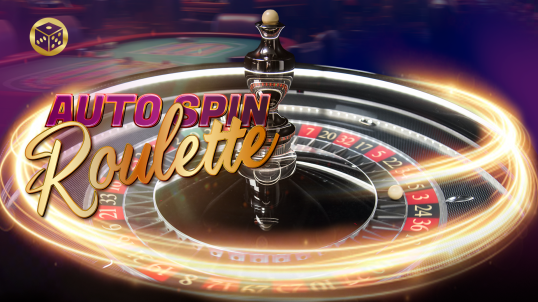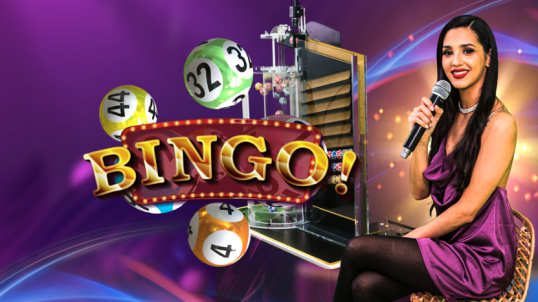Blackjack is one of the world’s oldest and most famous casino games. We’re all familiar with the rules, but few have a true understanding of the psychology of blackjack, and the truth is that how the mind affects blackjack is the key to unlocking the secrets of the game.
As an operator, understanding how the brain perceives and responds to blackjack is essential. It can help you optimise the game and ensure that you are providing the best possible experience for your players. Read on to learn more about the psychology of blackjack and how emotions can affect gameplay.
Simple Rules
The rules of blackjack are straightforward; the player has to get as close to 21 as possible, without going over. If they get closer than the dealer, they win the bet. While there are special rules and features of the game, the core premise of blackjack is simple, quick to learn, and easy to remember.
Studies have revealed that the human brain is hard-wired to prefer simple things over more complex things. This predilection for simplicity influences how we think, how we act, and how we learn. It’s also likely to be one of the primary reasons behind the incredible, long-standing success of blackjack, players have and continue to prefer it over more complicated alternatives and will also return to it for its easy-to-understand rules.
To tap into this psychological preference, it’s important you keep your blackjack game simple and straightforward. However, players should also have the option to use extra rules and features. Giving them the choice will ensure you attract both beginners and experienced players who are looking for something more.
Team Spirit
Blackjack is a solo game played by individual players at one table. However, rather than playing against one another, players are instead all vying to beat the dealer. While not strictly a team game, there is still a sense of togetherness and camaraderie around a blackjack table as the players feel united against a shared opponent.
This social element of blackjack is extremely important but is often overlooked. As the game moved onto digital platforms, it became more difficult for players to feel this social and personal interconnection. However, the rise of live dealer blackjack has addressed this. Now, players can enjoy the convenience of online blackjack without sacrificing the social aspect that makes the game so engaging and enjoyable.
Humans have an innate desire to interact and communicate with one another. Offering a live dealer blackjack game as part of your product line will ensure players can experience the team spirit of blackjack and will keep them returning to the table again and again.
Winning Streaks
The idea of winning streaks can be found in almost all casino games, but it is particularly prevalent in the game of blackjack.
A player who is on a winning streak will be winning hand after hand and will feel as if they can do no wrong. The term is used interchangeably with phrases like ‘lucky run’, and essential refers to a spell of good fortune enjoyed by a player.
Some players don’t put much thought into winning or losing streaks, while others pay close attention to them and use them to influence their playing and betting strategies. To meet the needs and preferences of the winning streak players, it can be helpful to provide hand history information, as this can give players an overview of their performance throughout a game.
Players on a perceived winning streak may place progressively larger bets as they look to cash in on their run of luck, while players on a losing streak are likely to bet conservatively until the bad run has passed.
The Gambler’s Fallacy
The Gambler’s Fallacy is an instinctive way of thinking through which humans hold beliefs about sequences of events. For example, if a player loses five consecutive blackjack hands, they may hold the belief that they are ‘due’ a win and bet heavily on the next hand.
However, the fallacy is that previous events do not influence future events. The frequency of previous losses does not determine the likelihood of future wins. This is a false pattern of thinking that we all fall into, it’s just the way our brains work.
The Gambler’s Fallacy can be used to explain the popularity of blackjack, and gambling in general. Our inability to comprehend truly random events keeps our brains engaged and ensures games are always full of surprises.
Conclusion
On the surface, blackjack is a simple game. However, the game affects us on a deep psychological level, which is why it has remained so popular for so many years, with its simple rules and social elements playing major roles. As an operator, understanding the psychology of blackjack is the key to ensuring you are making the most out of your blackjack product offerings.
















